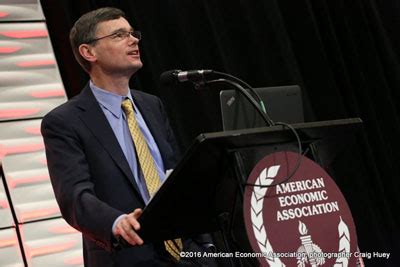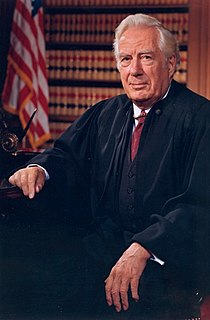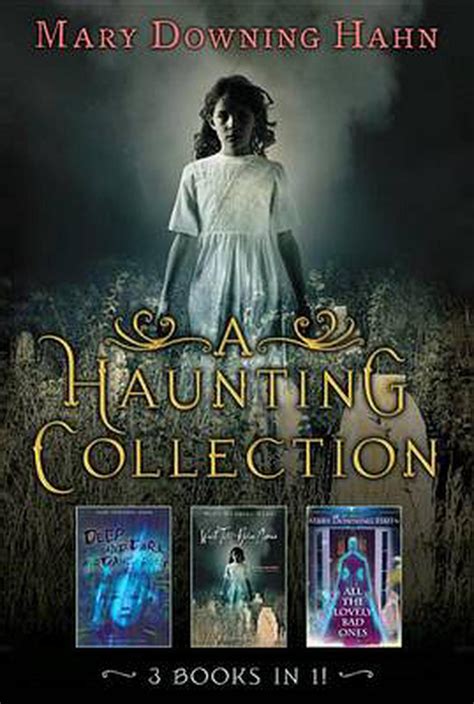A Quote by Malorie Blackman
I think what we need, especially in publishing, is more commissioning editors and editors who are people of colour.
Related Quotes
I think a lot of people have the idea of an editor being someone who comes in like a dictator, and says, "You can't have that scene." And it never is like that - or perhaps some editors are like that and they're assholes, and they're not good editors. A good editor actually says, "I respect you" and they understand that you have a vision and they're actually trying to help you realize it.





































